Many Kurdish towns across Turkey lie in ruin, but Yüksekova — a bulwark of the PKK — has so far escaped destruction. Still the war is always present
By Alex Kenman. Published 3-8-2016 by ROAR Magazine
Egid called me today to tell me that the situation in his hometown is rapidly deteriorating. It’s been nine months since I last saw him in Yüksekova, or Gever in Kurdish, in southeastern Turkey.
Egid is a positive man. Despite the hardships he and his people face on a daily basis, he has the capacity to enjoy life to the fullest wherever he is. Actually, it may well be that it is precisely because of those hardships that he is so positive, as a sort of self-preservation mechanism. Violence, repression and uncertainty are common themes in his daily life.
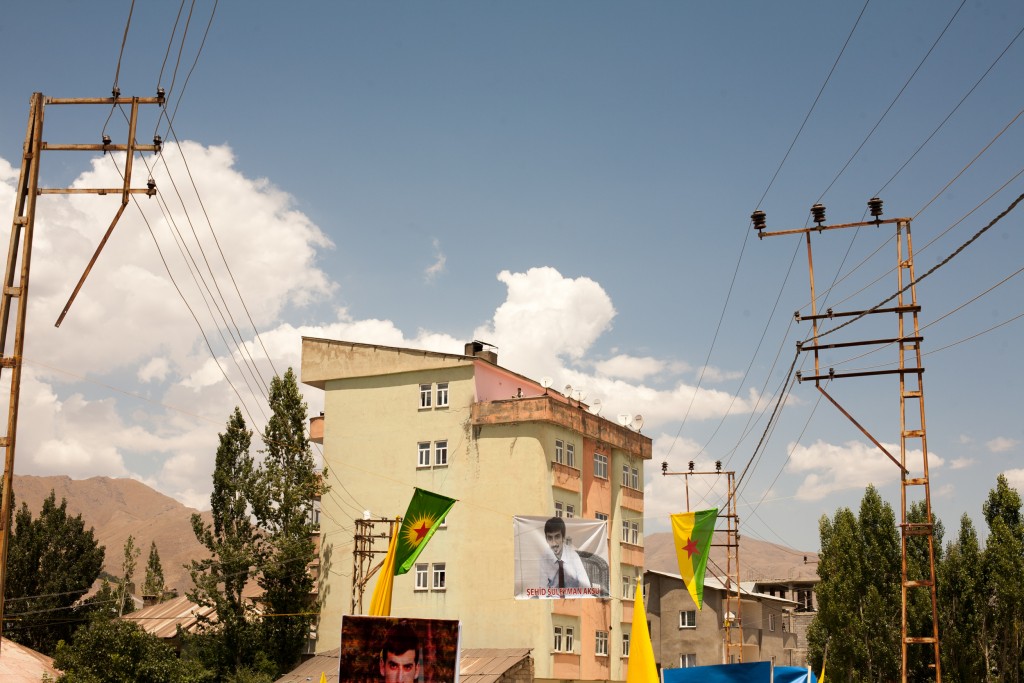
On July 20, 2015, Süleyman, a 25-year-old teacher, was killed together with 32 other primarily Kurdish activists in the Suruç suicide attack. Two days later, when his body was brought to Yüksekova, the whole city shut down. Hundreds of cars filled the main highway to show their respect and thousands of people attended the funeral.
I often envy him for his positive attitude. With him, any ordinary situation would turn into something special; whether we would be secretly drinking beers at night in his cousin’s van, or simply having a chat over a cigarette in the kitchen. He has learned to appreciate and accept life the way it is.
Egid often calls me to cheer me up, when by all means it ought to be the other way around. He tells me how I should feel blessed to live in such fortunate circumstances.
But this time it was different.
He called to say he had lost all hope. He seemed upset, explaining that while he and his family are okay right now, he doesn’t know what will happen in a few weeks’ time. They are expecting the Turkish military to come soon, after the snow has melted, to do to Yüksekova what they already did to Cizre, Sur, Sirnak, Nusaybin and all those other places: “To wipe out all terrorists.” They fear they will be trapped inside their houses, with no food, medical care, media, or observers, and that they will risk getting killed whenever they step outside. In English this situation is translated as a “curfew”, but that’s not the right word to describe the situation. It’s a military siege.
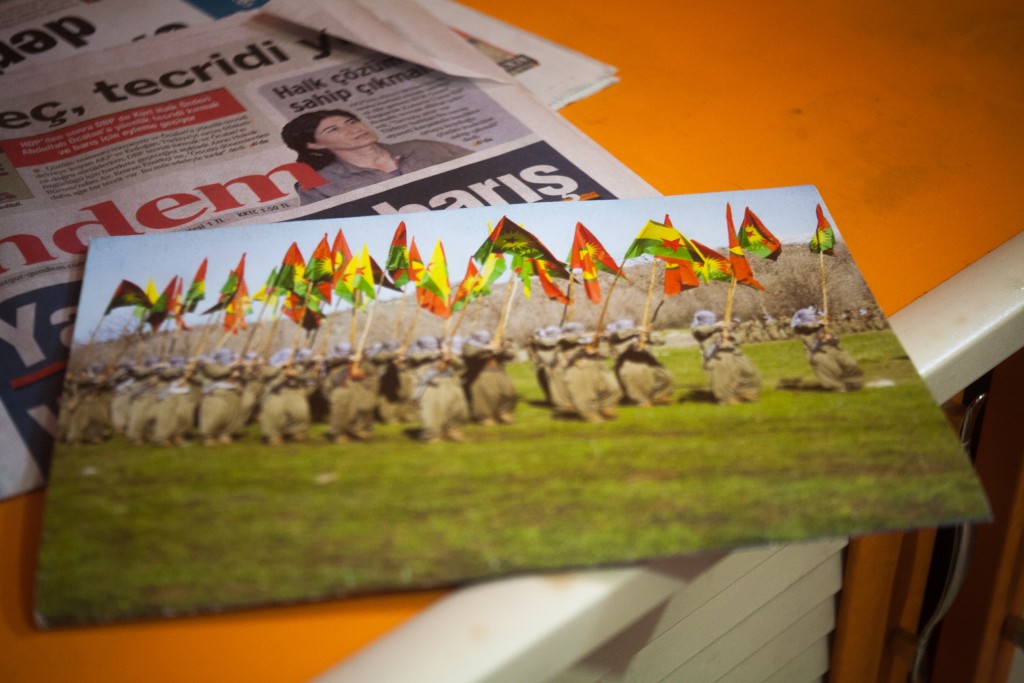
The distribution or possession of PKK magazines like this may lead to imprisonment and terrorist charges. Nevertheless, they remain popular throughout Yüksekova, a center of resistance.
Yüksekova, just like Cizre, is one of those towns infamous for its decades-long resistance. The PKK has always been very popular here, and it still is. Referring to Yüksekova and the surrounding Hakkari province, Abdullah Öcalan once said, “This is where we are strongest.” Indeed, beyond the military outposts this territory is ruled, or at least strongly contested, by the PKK.
From here, Qandil — where the guerrilla’s headquarters are based — is only a stone’s throw away, on the other side of the border between Turkey and Iraq. Traditionally, Spring is when the fighting starts, as the snow-capped mountains become a little bit more accessible, both for the Turkish army and the PKK.
It is in Hakkari where one can come to a true understanding of what the Kurdish struggle is all about. The ever-present conditions of the ongoing war are impossible to ignore, and it inevitably maneuvers its way into all aspects of daily life.
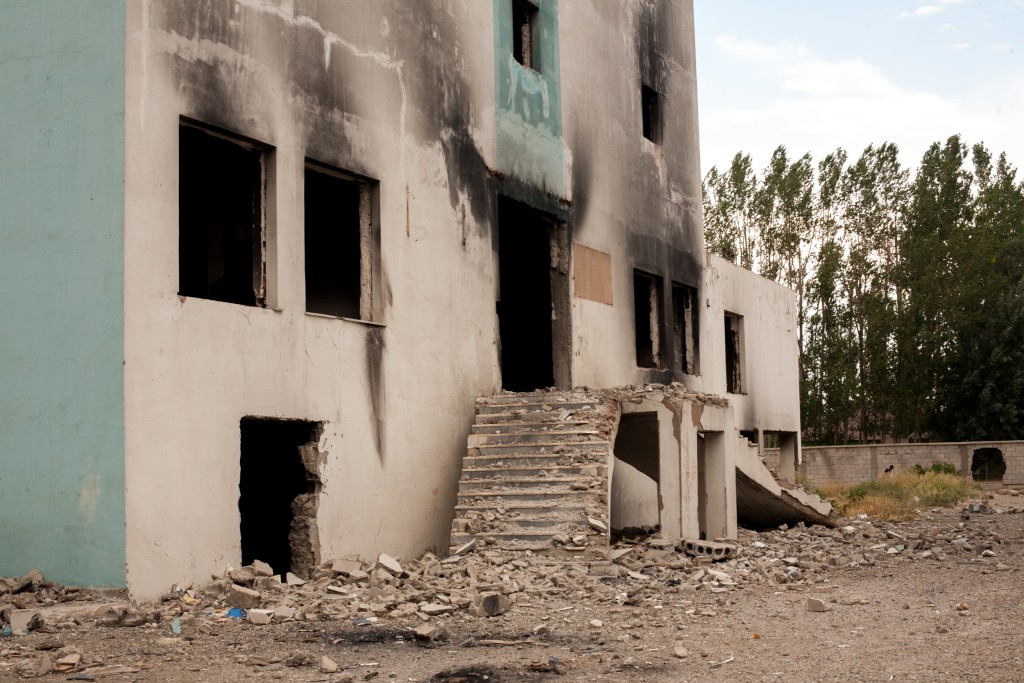
This sports hall was set on fire during a protest. Governmental buildings are often set on fire as they are easier targets than police and military buildings.
Yüksekova has thus far escaped the fate of many other towns and cities across Bakur, or North Kurdistan. Egid’s family’s house is still safe, for now, but guarantees are a scarce commodity in these critical times. If the Turkish military attacks, the people of Yüksekova will resist fiercely, that much is sure.
Back in 2013, Egid feared that if the peace process were to come to an end, the war would erupt like never before. He saw the youth around him, the next generation, and realized that they were much more radicalized than him. So much so that these youngster appeared to be willing to fight to the very end. This is what the region has witnessed with the YDS, the so-called “Civil Protection Units”, made up of heavily armed and radicalized youths.
In the people’s experience, the situation now is worse than it was at the height of the conflict in the 1990s. People are desperate, and every time it seems impossible for things to get worse, the conflict is escalated to a whole new level.
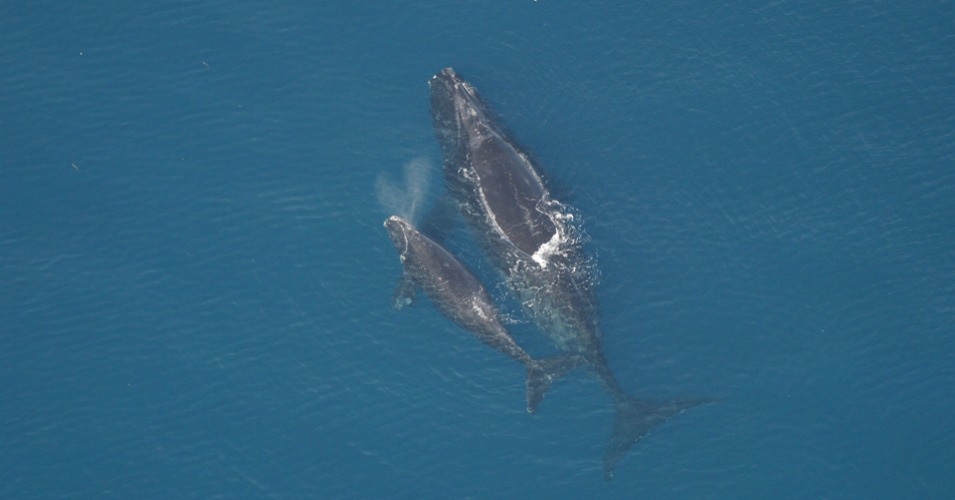


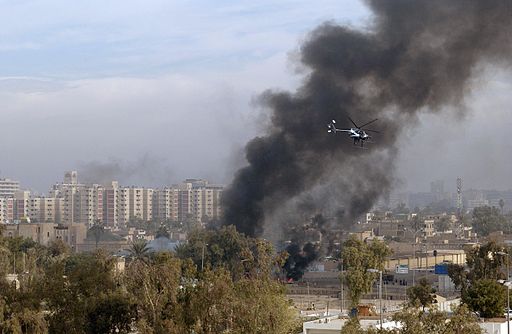
![Wounded Knee, Pine Ridge Reservation, South Dakota. Entrance gate to cemetery. Photo: Napa (Own work) [CC-BY-SA-3.0 or CC BY 2.5 (http://creativecommons.org/licenses/by/2.5)], via Wikimedia Commons](http://occupyworldwrites.org/wp-content/uploads/2016/03/512px-Wounded_Knee_96.jpg)
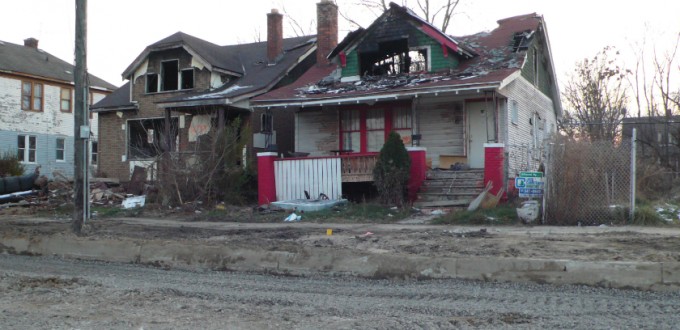
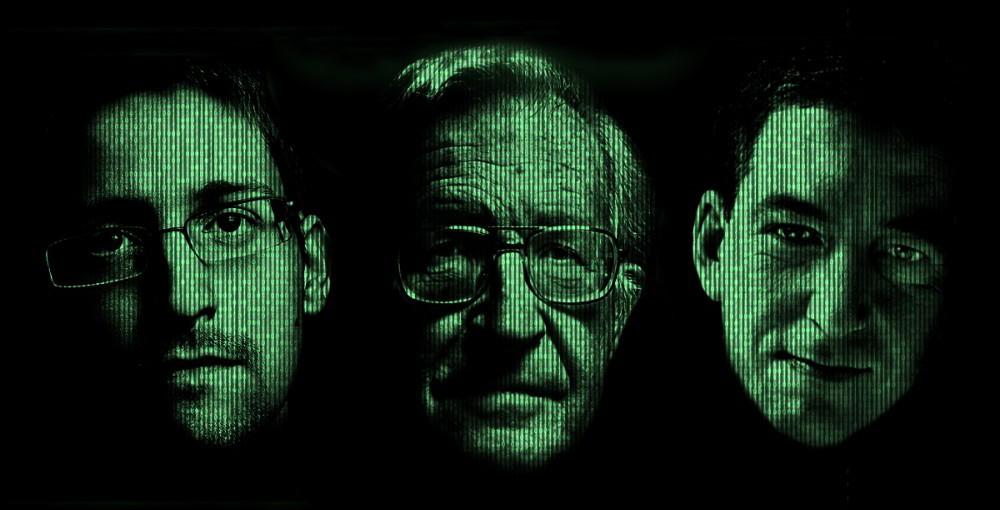




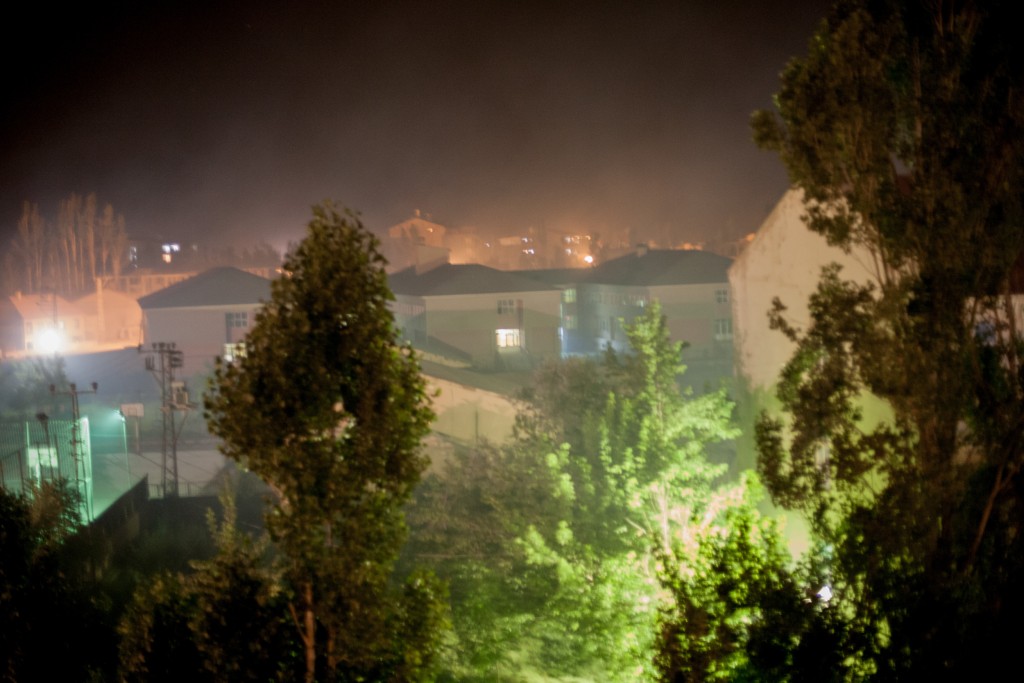
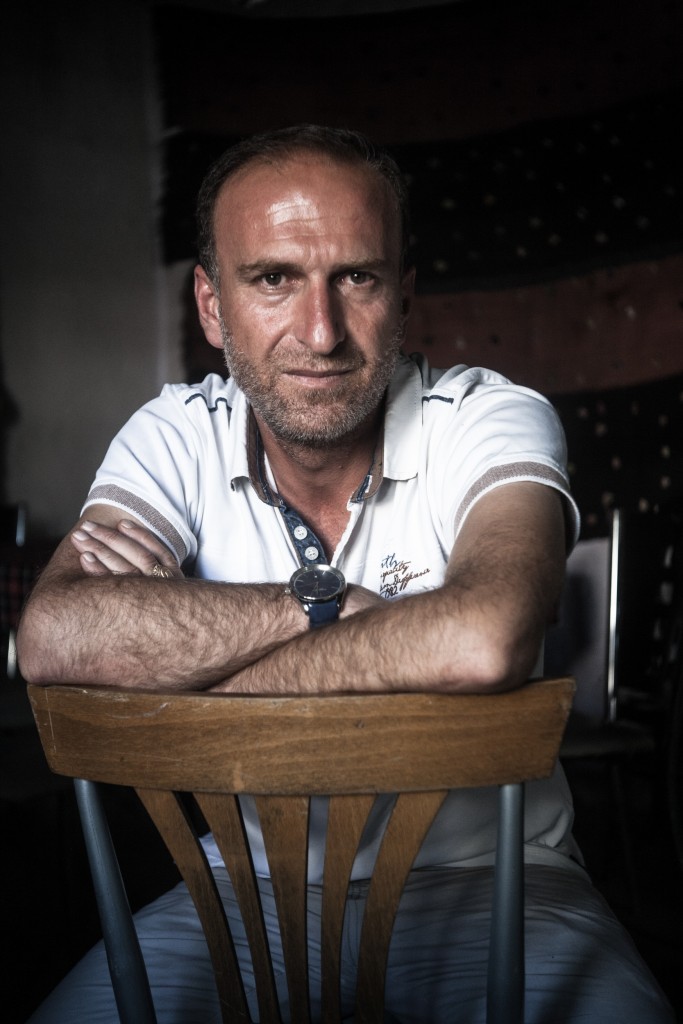
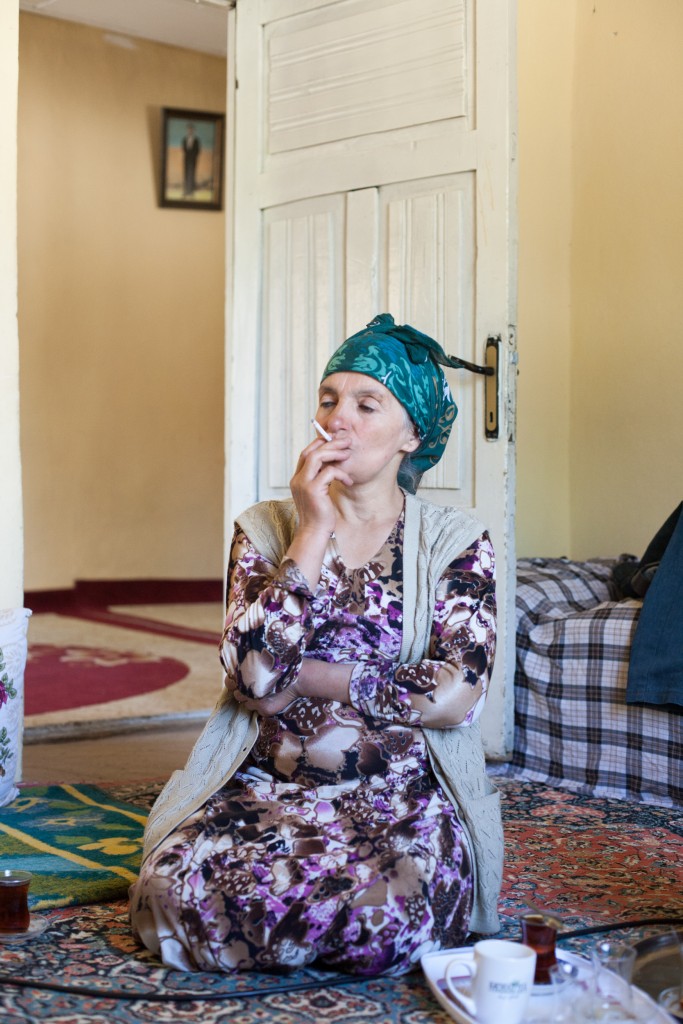
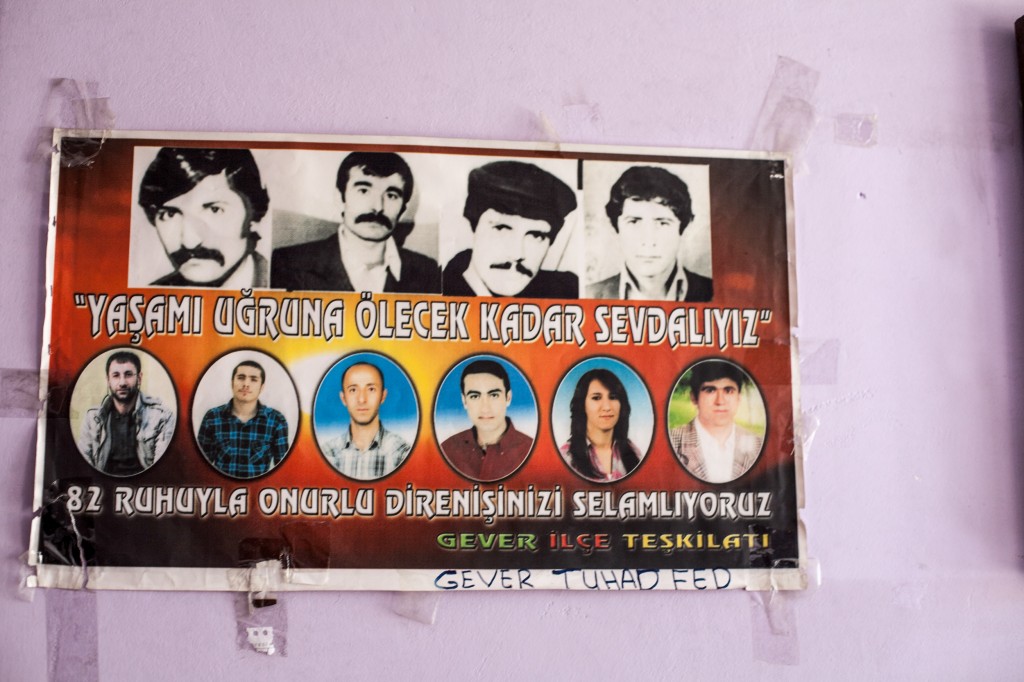


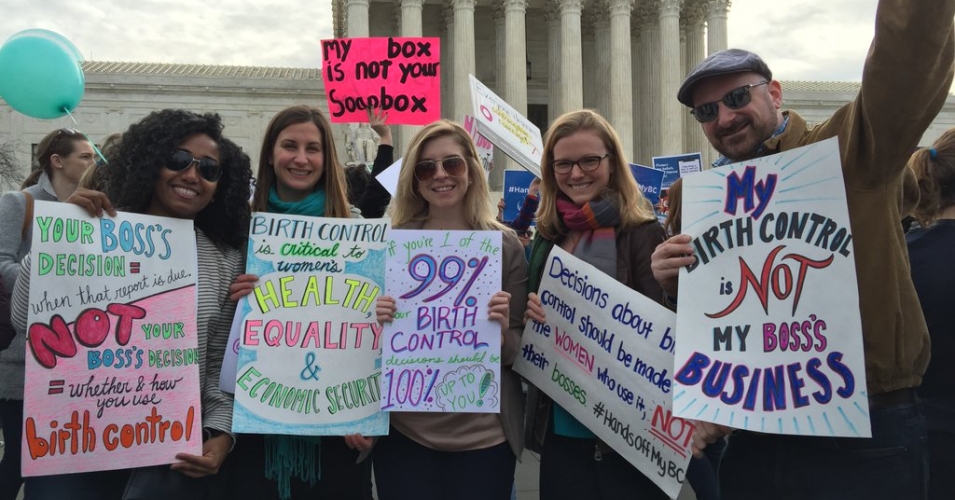
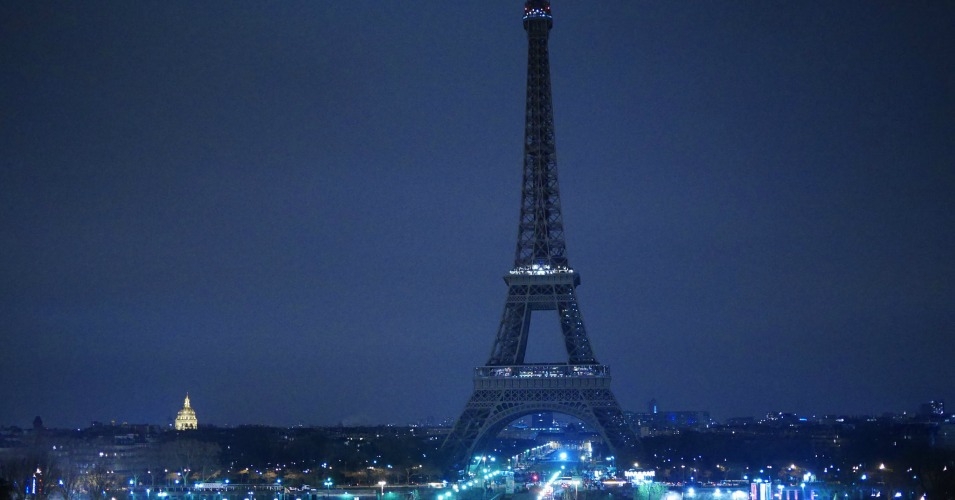
![Reuven Rivlin, president of Israel, meeting senior managers of the American Israel Public Affairs Committee (AIPAC), January 14 2015. Photo: Mark Nayman, Government Press Office, Israel - מארק ניימן, לע"מ [CC BY-SA 3.0], via Wikimedia Commons](http://occupyworldwrites.org/wp-content/uploads/2016/03/President_Rivlin_meeting_the_senior_management_of_AIPAC_January_2015.jpg)